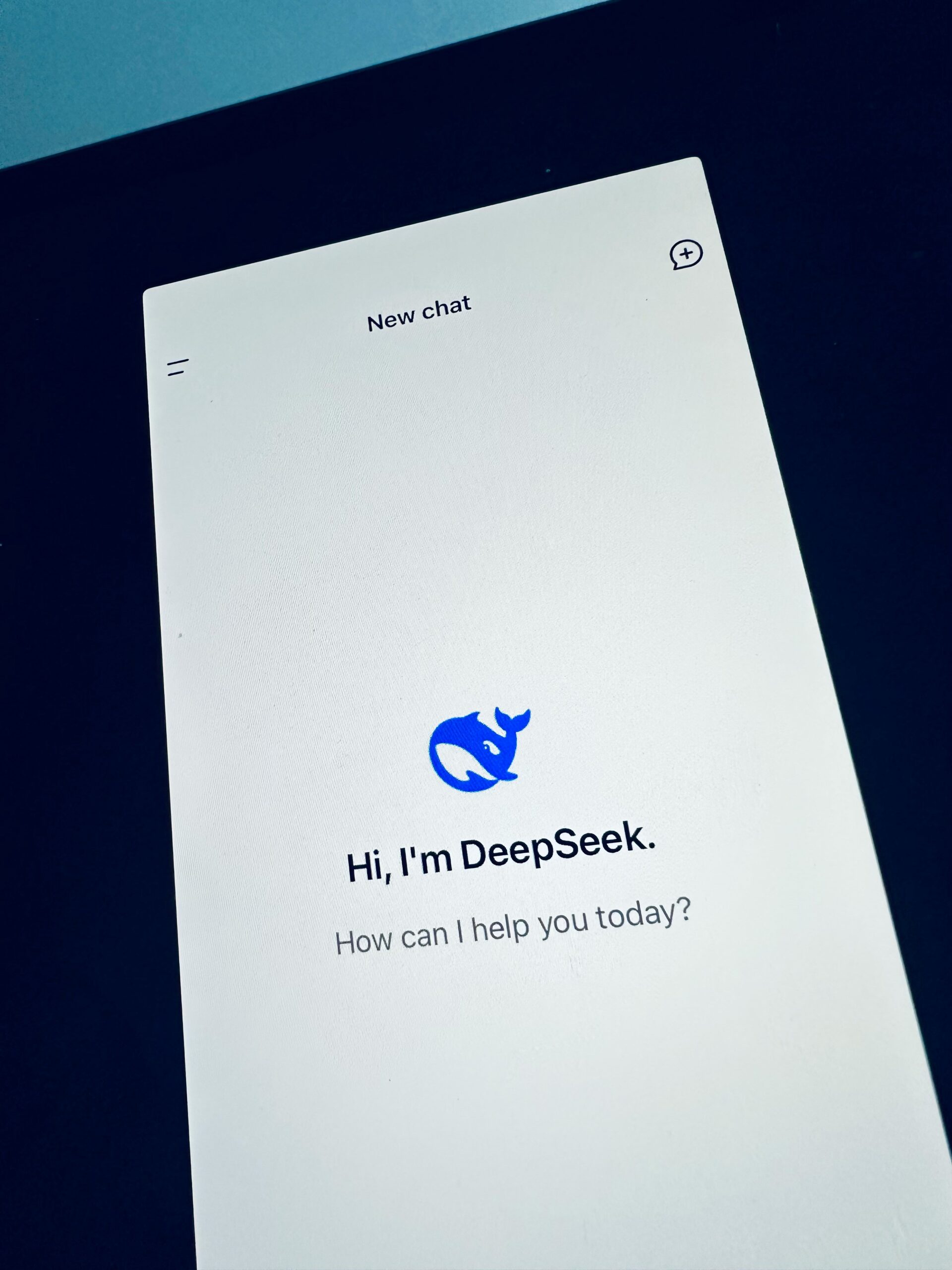Image credit: Unsplash
The value of developing emotional intelligence cannot be denied, and a leader who understands its power is JP Morgan Chase CEO Jamie Dimon. In a recent interview with LinkedIn News editor-in-chief Dan Roth, Dimon expressed his strong belief in the importance of emotional intelligence, stating that his best career advice is to “develop your EQ.”
The Importance of Emotional Intelligence
Shorthand for emotional intelligence (or emotional quotient), EQ encompasses the ability to understand and manage one’s own emotions, as well as the emotions of others. It involves key components such as empathy, effective communication, self-awareness, self-regulation, and motivation. Dimon’s endorsement of EQ highlights its critical role in leadership and personal success.
Research supports the value of emotional intelligence in leadership. According to a study published in the peer-reviewed scientific journal Heliyon, emotionally intelligent leaders not only improve business results but also positively impact team performance. These findings underscore the importance of EQ in fostering effective leadership and achieving organizational success.
Although developing EQ skills can be challenging and time-consuming, they are indeed learnable. Dimon’s approach to cultivating emotional intelligence involves answering four essential questions. These questions, though brief, serve as a foundation for enhancing one’s emotional intelligence. Below, we explore each question and the research supporting their significance.
1. Do You Deserve Trust?
Trust is fundamental to high-performing teams. Google’s extensive research found that psychological safety, rooted in trust, is the most crucial factor in creating and maintaining effective teams. Trust is not inherently given; it is earned through actions and behavior. Professor Paul J. Zak, an expert in economics, psychology, and management, has identified several key actions that foster trust, including recognizing excellence, providing public acknowledgment, offering autonomy, maintaining transparency about company goals and strategies, and demonstrating vulnerability. These actions build a solid foundation of trust within teams, which is essential for high performance.
2. Do You Communicate Well?
Effective communication is a cornerstone of high-performing teams. Good communicators set clear standards for interactions, such as response times to messages, and strive to understand others deeply. They excel in giving and receiving feedback and are adept at resolving conflicts respectfully. Incorporating regular one-on-one meetings with team members can significantly enhance communication and, consequently, build a more cohesive and effective team. Research indicates that teams with strong communication practices are better equipped to achieve their goals and foster a positive work environment.
3. How Do I Make People Feel?
The impact of your actions on others is crucial. This principle, often referred to as the “Maya Angelou Rule,” reflects Angelou’s belief that people will remember how they felt more than the specifics of what was said or done. Leaders should regularly assess how their actions and intentions affect team members. Ensuring that you are available to listen, providing support during challenges, expressing gratitude, and creating a safe environment all contribute to a positive emotional impact. This self-awareness and consideration of others’ feelings are vital components of emotional intelligence.
4. Do People Know I Have a Heart?
Empathy is a core element of emotional intelligence, yet it is often overlooked. Demonstrating empathy involves focusing on others’ feelings and striving to understand their perspectives. It requires leaders to connect with their team members on a personal level and offer support that goes beyond mere professional interactions. Whether team members need a listening ear or actionable assistance, showing empathy helps build strong, trust-based relationships. By fostering connections grounded in empathy, leaders can enhance their emotional intelligence and improve team dynamics.
In conclusion, developing emotional intelligence is a powerful tool for leaders and professionals alike. Jamie Dimon’s emphasis on EQ highlights its importance in achieving career success and building effective teams. By focusing on trust, communication, emotional impact, and empathy, individuals can enhance their emotional intelligence and create a more positive and productive work environment. These principles, supported by research and expert insights, offer valuable guidance for anyone looking to improve their leadership skills and personal effectiveness.





























































































































































































































